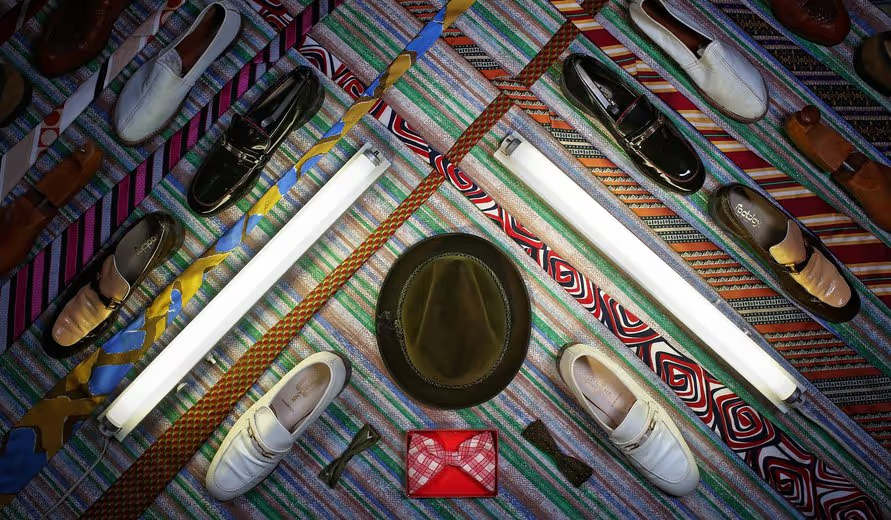306 Hollywood: Discussion Guide Introduction and Key Issues
Introduction and Key Issues

USING THIS GUIDE
This guide is an invitation to dialogue. It is based on a belief in the power of human connection and designed for people who want to use 306 Hollywood to engage family, friends, classmates, colleagues and communities. In contrast to initiatives that foster debates in which participants try to convince others that they are right, this document envisions conversations undertaken in a spirit of openness in which people try to understand one another and expand their thinking by sharing viewpoints and listening actively.
The discussion prompts are intentionally crafted to help a wide range of audiences think more deeply about the issues in the film. Rather than attempting to address them all, choose one or two that best meet your needs and interests. And be sure to leave time to consider taking action. Planning next steps can help people leave the room feeling energized and optimistic, even in instances when conversations have been difficult.
For more detailed event planning and facilitation tips, visitwww.pbs.org/pov/engage/.
THE FILM
After the death of their grandmother, siblings Elan and Jonathan Bogarín embark on a magical-realist journey in search of the life stories that remain in the objects left behind in her house. With intriguing questions and inventive filmmaking, 306 Hollywood transforms the dusty fragments of an unassuming life into an epic metaphor for the nature of memory, time, and history. The result invites viewers to reflect on how we deal with the past and how our ancestors speak to our present.
KEY PARTICIPANTS
Annette Ontell – wife (married to Herman), fashion designer, filmmakers’ grandmother, resident and owner of 306 Hollywood, Hillside, NJ for nearly seven decades
Elan Bogarín – Annette’s granddaughter, filmmaker, visual artist
Jonathan Bogarín – Annette’s grandson, filmmaker, teacher, and visual artist
Marilyn Ontell – the filmmakers’ mother and Annette’s daughter
KEY ISSUES
306 Hollywood is an excellent tool for outreach and will be of special interest to people who want to explore the following topics:
- aging
- archaeology & anthropology
- cinematography
- cultural and personal identity
- family history
- grandparents
- grieving
- historical artifacts
- memory
- modern, post-WWII U.S. history
- oral history
- storytelling
